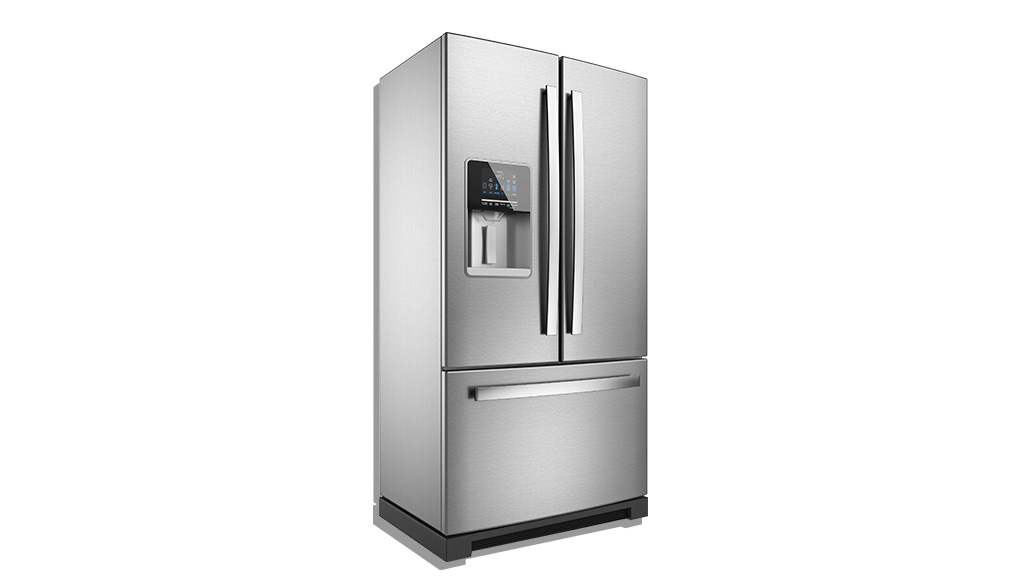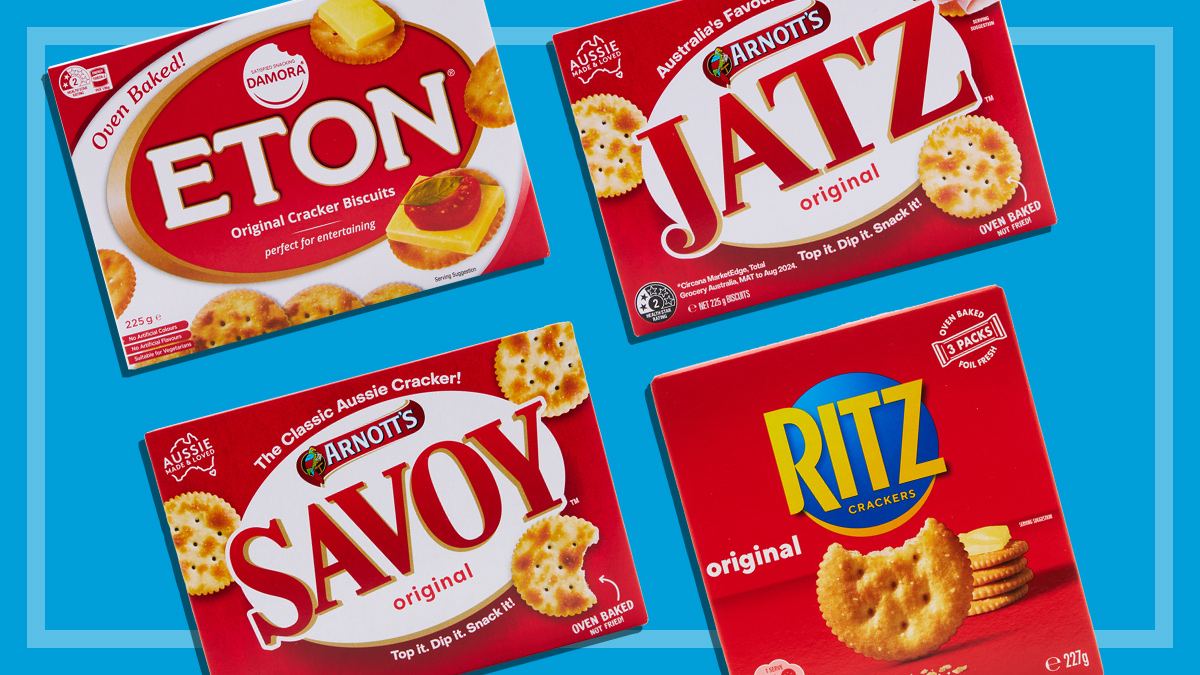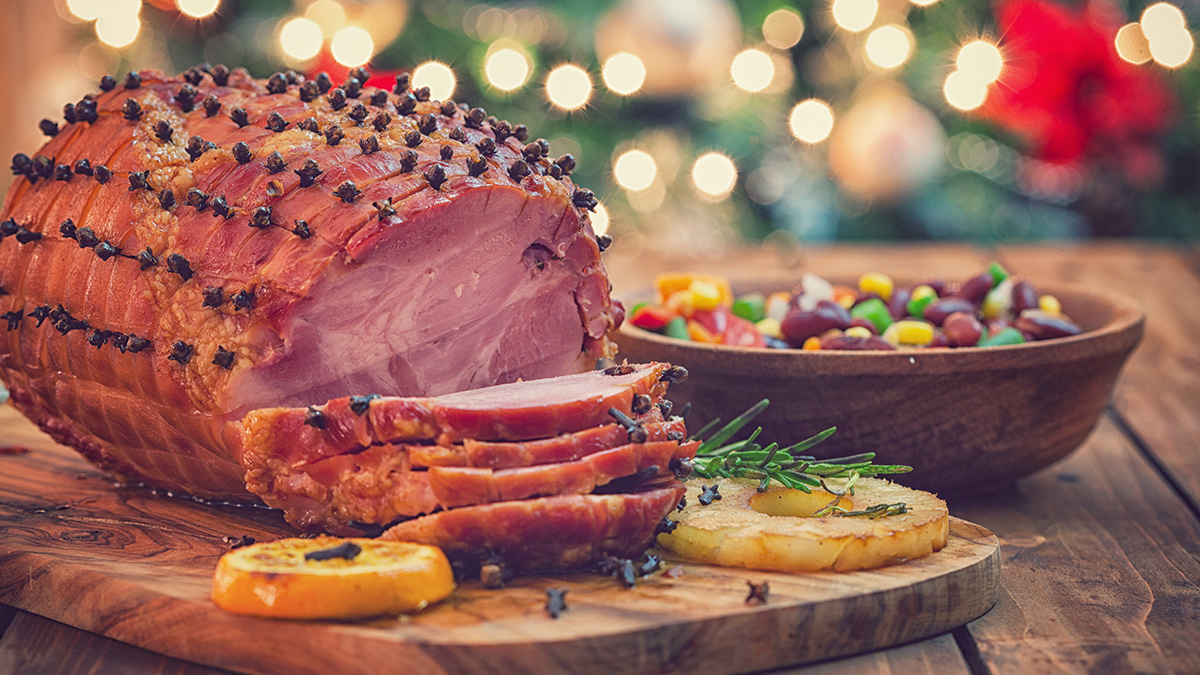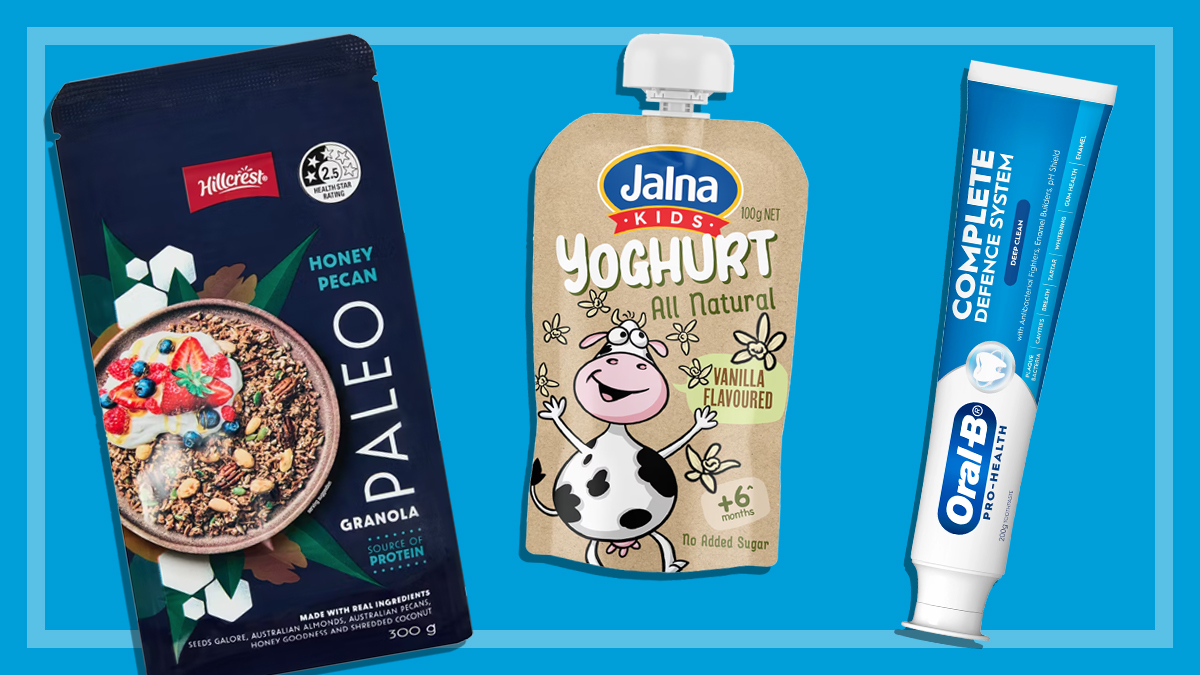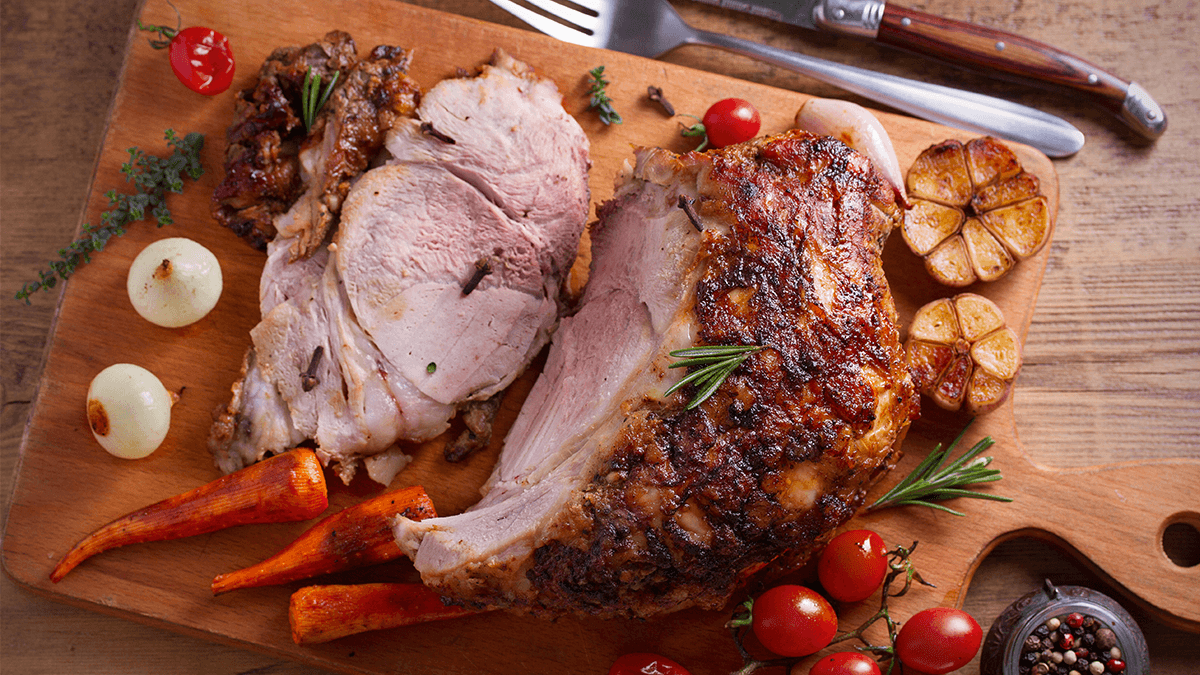What you need to know about food recalls
Why do food recalls happen, and how do you find out about them?
Last updated: 23 Feb 2021
At least one food product is pulled from shelves each week in Australia.
Considering the millions of different foods you can buy from supermarkets and other food retailers, it’s a tiny proportion.
But the potential harm to us if these recalls didn’t happen – or if we’re not aware of them – can be significant. In some cases it’s a matter of life and death.
So what causes food recalls, and how do you make sure you know about them?
Why foods get recalled
A food recall is when unsafe (or potentially unsafe) food is removed from distribution, sale and consumption.
Food Standards Australia New Zealand (FSANZ), Australia’s food regulator, coordinates dozens of food recalls in Australia annually.
They’re classified under eight different categories, but most recalls fall under the following three:
1. Undeclared allergens
Undeclared allergens account for 37% of all food recalls, and dairy, peanut, wheat/gluten and egg are the worst offenders.
Undeclared allergens may be due to incorrect labelling, incorrect packaging or contamination of the product by an allergen.
This type of recall may only affect a small percentage of the population – but for those people, a run-in with an unlabelled allergen can have devastating consequences.
Case study: Dairy causing death
In 2015 multiple coconut milk and water products were recalled because they contained cow’s milk, which wasn’t labelled.
People had suffered severe allergic (anaphylactic) reactions to the undeclared dairy ingredients in these foods, and one child subsequently died.
2. Microbial contamination
Microbial contamination is responsible for 28% of all food recalls, and includes contamination with pathogenic microorganisms such as bacteria, viruses or parasites.
The microorganisms most commonly associated with microbial recalls are Listeria monocytogenes (42%), Salmonella (21%) and E. coli (18%).
Case study: Frozen vegies carrying Listeria
Frozen vegies sold under multiple brands in major supermarket chains nationally were recalled in 2017 due to possible contamination with Listeria monocytogenes.
While anyone can get ill from eating Listeria-contaminated food, pregnant women and their unborn babies, the elderly and people with low immune systems are particularly vulnerable.
Customers were urged to check their freezers and dispose of the affected products or return them for a refund.
3. Foreign matter
The presence of foreign matter is the cause of 17% of all food recalls. The most common types of foreign matter found in food are metal (33%), plastic (29%) and glass (24%).
How to find out about food recalls
Businesses recalling food must inform consumers through a newspaper advertisement, a press release to news media outlets, a notice in the store where the product has been sold, their website and/or social media accounts.
Food recall details are also available through:
Information on recalls that need urgent consumer action may also be issued by a media release from FSANZ, the federal Department of Health or a state or territory health department.
Many people unaware of food recalls
We checked in with 1057 Australians via our Consumer Pulse survey in September 2018 and asked about their awareness of recent food recalls, and how they’ve been affected by food recalls, if at all.
- Alarmingly, more than a third of the people we surveyed were not aware of any food recalls.
- The survey happened to be carried out the week after sewing needles were first found in punnets of fresh strawberries, news of which was widely publicised. Not surprisingly this was the most readily recalled incident with more than half (58%) of respondents mentioning contaminated strawberries without being prompted.
- The high-profile recall of rockmelons (Feb 2018) linked to an outbreak of Listeriosis which resulted in a number of deaths was mentioned by 27% of respondents.
- 15% recollected the infamous frozen berry product recalls (Feb 2015 and June 2017) which occurred after the berries were linked to cases of Hepatitis A.
- 16% of the people we surveyed had bought a product that was recalled and said they were concerned for themselves or their family, and five people (1%) had become sick or had to be seen by medical practitioners as a result of eating a recalled food.
What to do with a food that’s recalled
- If you’ve bought a food that’s subsequently recalled, the standard advice is to not eat it, and either throw it away or return it to the place of purchase for a refund.
- If you’ve eaten it and you’re concerned about your health, seek medical advice.
- If you need more information, contact details for the relevant company or health department are always supplied in the recall notice, so get in touch.
Foods that are recalled most often
Top 10 by category (2008-2017)
- 22% Mixed and/or processed foods
- 11% Meat and meat products
- 11% Dairy products
- 8% Fish and fish products
- 7% Confectionery
- 7% Breads and bakery products
- 6% Fruits, vegetables and herbs
- 6% Non-alcoholic beverages
- 4% Salts, stocks, sauces and condiments
- 4% Nuts
Source: FSANZ food recall statistics 1 Jan 2008–31 Dec 2017Unusual recalls
We scoured the last eight years of FSANZ recall notices to find some of the more unusual reasons why food products have been recalled.
- Smelly leg ham. Franklins recalled its Farmfresh leg hams just before Christmas in 2010, because they were emitting an ‘unwholesome odour’.
- Cleaning fluid in milk. In 2011, Parmalat’s Pura, Daisy Fresh and Woolworths Homebrand milk, sold in supermarkets nationally, was recalled due to the ‘presence of a chemical contaminant (food grade dairy caustic cleaning solution)’.
- Cyanide in tapioca chips. In 2011, high levels of naturally occurring cyanide were found in two brands of tapioca chips, resulting in them being recalled.
- Pie packaging that can burn. Packaging that could overheat and scorch the consumer was the reason for the recall of Mrs Macs Microwave Pies in 2014.
- Prescription medication in weight loss chocolate and drinks. Emma Vita-brand weight-loss chocolate and Sumabe Acai Berry Coffee were recalled in 2010 as they contained a non-compliant prescription medication (sibutramine).
- Alcoholic kombucha. In 2015, Buchi recalled all of its kombucha as it contained alcohol at levels that were potentially intoxicating.
- Canned tomatoes that can cause injury. A packaging fault causing increased pressure in cans of tomatoes was behind Ardmona’s national recall in 2016.
- Poisonous seeds. Back in 2011, tests indicated that a weight-loss product from Lumsden Health Products may have contained poisonous seeds of the yellow oleander, rather than candlenuts as labelled.
- Insects in cookies. Target Cookie Mix in Mason Jars was recalled (in January 2017) because it was contaminated with insects.
- Konjac in jellies. Konjac is a binding food additive sometimes used in jelly. Konjac jellies don’t dissolve easily, so can lodge in the throat and cause a choking hazard. Mini konjac jelly cups are banned in Australia, but ACCC surveillance initiated in 2017 has identified multiple non-compliant products, resulting in their recall.
Related
Rachel Clemons is an award-winning journalist who worked at CHOICE from 2004–2022.
During her time at CHOICE her core focus was on food and nutrition, from reviewing breakfast cereals and fast food to dispelling myths about the benefits of detox kits and gourmet salt or translating confusing food labels – with the occasional taste test thrown in for good measure.
Prior to CHOICE she lived overseas, working predominantly in hospitality when she wasn't travelling and eating her way through various cuisines. She holds a Master of Science in Nutrition from King's College London (where she also researched and wrote for CHOICE's UK sister organisation, Which?), and a Bachelor of Science, Health Sciences from the University of Adelaide.
In 2017 she won the Dietitians Association of Australia's Nutrition Journalism Award and she's currently on the Steering Committee as a Parent Member of Parents' Voice.
You can find her on Twitter and LinkedIn.
Rachel Clemons is an award-winning journalist who worked at CHOICE from 2004–2022.
During her time at CHOICE her core focus was on food and nutrition, from reviewing breakfast cereals and fast food to dispelling myths about the benefits of detox kits and gourmet salt or translating confusing food labels – with the occasional taste test thrown in for good measure.
Prior to CHOICE she lived overseas, working predominantly in hospitality when she wasn't travelling and eating her way through various cuisines. She holds a Master of Science in Nutrition from King's College London (where she also researched and wrote for CHOICE's UK sister organisation, Which?), and a Bachelor of Science, Health Sciences from the University of Adelaide.
In 2017 she won the Dietitians Association of Australia's Nutrition Journalism Award and she's currently on the Steering Committee as a Parent Member of Parents' Voice.
You can find her on Twitter and LinkedIn.


